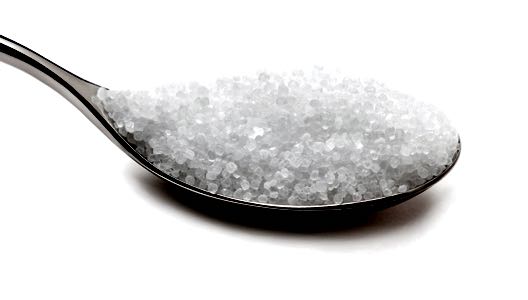The US Pharmacopeia Council of Experts Annual report has highlighted their work on updating the regulatory standards for saccharin.
Catherine M. Sheehan, M.S., M.S. Senior Director, Science –Excipients, USP, comments (page 15) that:
Most people don’t think much about excipients, which are considered the ‘inactive’ ingredients in medicine. But these are actually critically important to how well a drug works in the body, as well as how it tastes if it’s oral medication. And they can cause great harm to patients if their quality is poor, so we are very proud of the work we do to help ensure the quality of excipients. We published draft standards seeking comments from international stakeholders revising the standards for three types of saccharin. Today, saccharin is used to help make medicines—which would otherwise taste pretty bad—palatable for patients. It is also used as an excipient for medications delivered intravenously or by aerosol, which means it’s critical to control impurities. This work is important because we know that saccharin may contain about 10 impurities that can develop during some manufacturing processes, including a few that can be harmful. This is part of our work with the Pharmacopeial Discussion Group, which includes USP, the European Pharmacopoeia, and the Japanese Pharmacopoeia, to harmonize excipient monographs and general test methods in order to align standards to bring more efficiency in quality testing.








